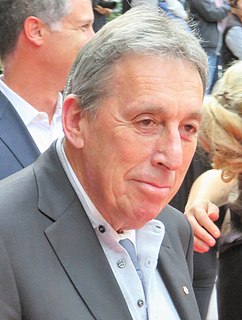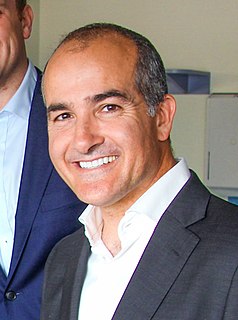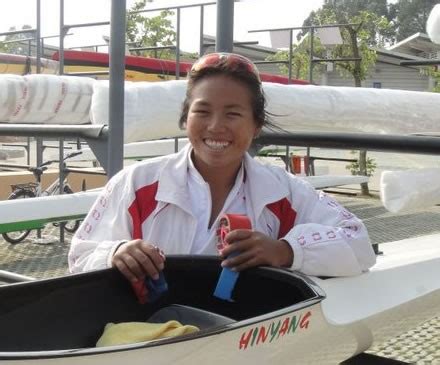A Quote by B. F. Skinner
It has always been the task of formal education to set up behavior which would prove useful or enjoyable later in a student's life.
Related Quotes
My formal education as an extension to my college degree in journalism was the time that I spent working with the student newspaper. I would argue that my greatest education occurred by working for the student newspaper. It wasn't necessarily the classroom work that made my formal education special. It was the idea that I had the opportunity to practice it before I went into the real world.
At the moment I would like to emphasize the need for vocational training, for non-formal education in Burma to help all those young people who have suffered from a bad education. They have to be trained to earn their living. They have to have enough education vocational training to be able to set up respectable lives for themselves.
Take Washington, D.C., which spends over $10,000 per student for education whose student achievement would be dead last if Mississippi chose to secede from the Union. Suppose Washington gave each parent even a $5,000 voucher - that wouldn't mean less money available per student. To the contrary, holding total education expenditures constant, it'd mean more money per student remaining in public schools.
Contrary to what some folks would have us believe, it is not tragic, even if undesirable, for a person to leave a liberal arts education not having read major works from this canon. Their lives are not ending. And the exciting dimension of knowledge is that we can learn a work without formally studying it. If a student graduates without reading Shakespeare and then reads or studies this work later, it does not delegitimize whatever formal course of study that was completed.
When I'm teaching, I'm not really doing my job if the student who's always comfortable doing wacko stuff all over the page keeps getting gold stars from me for doing wacko stuff all over the page. A riskier assignment for that student, who might be used to hiding behind a lot of formal armor, would be to try to do something straightforward, traditionally, in which they are much more directly laid bare for the reader.
Education is a matter of the spirit. No wiser word has been said on the subject, and yet we persist in applying education from without. No one knoweth the things of the man except the spirit of man which is in him; therefore, there is no education but self-education, and as soon as a young child begins his education, he does so as a student. Our business is to give him mind stuff. Both quantity and quality are essential.
As a physician, we are taught that learning and education never stop - they are lifelong. I think education comes in various forms: formal, informal, and most importantly, experiential. All of this defines who we are and gives us if you will our abilities to function as leaders. I believe all of those pieces constitute formal education - it is invaluable to who we are and how well we perform.
I knew I could not live my life around a husband, now would I want a husband to live his life around me. Of course, there are any number of variations in marital relationships between those extremes. But there is always a need for spouses to change their behaviors or habits to suit each other. I have always been set in my ways and did not fancy changing my behavior or lifestyle.
Isolating the student from large sections of human knowledge is not the basis of a Christian education. Rather it is giving him or her the framework for total truth, rooted in the Creator's existence and in the Bible's teaching, so that in each step of the formal learning process the student will understand what is true and what is false and why it is true or false.





































